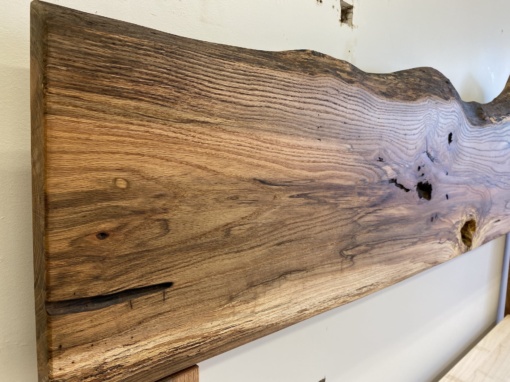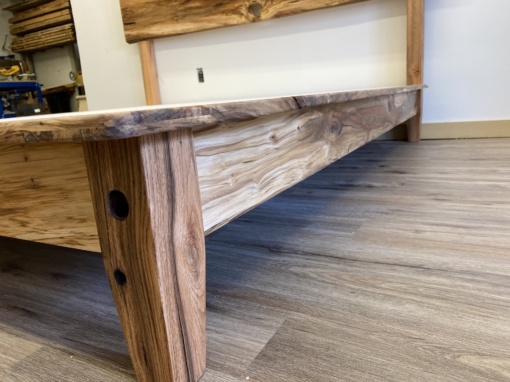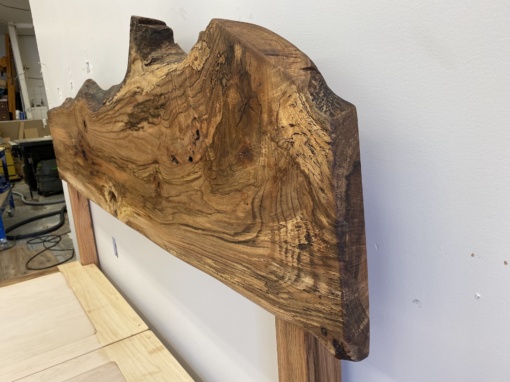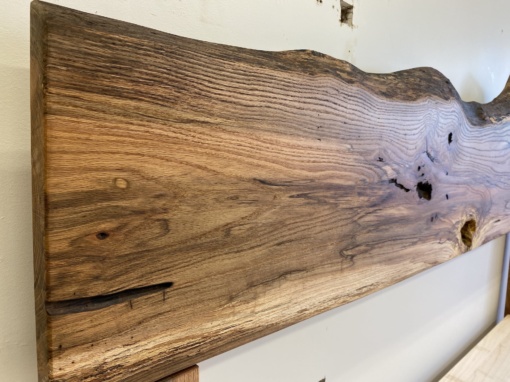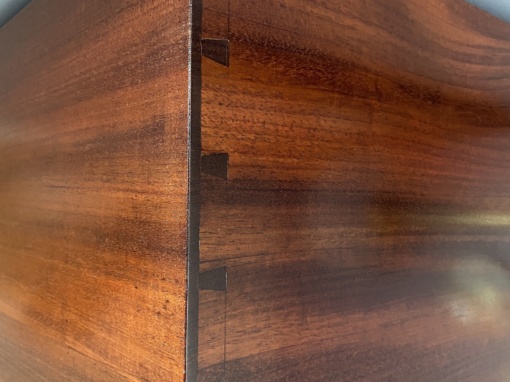If you plan to buy a lot on which to build a home, have a builder (preferably the one you plan to use) review any properties you are considering, to help you select the best site for the home you want to construct, or to suggest the types of homes you could build on the different sites.
Real Estate
Initial Offer
Unless you have a buyer’s agent, remember that the agent works for the seller. Make a point of asking him or her to keep your discussions and information confidential. Listen to your real estate agent’s advice, but follow your own instincts on deciding a fair price. Calculating your offer should involve several factors: what homes sell for in the area, the home’s condition, how long it’s been on the market, financing terms, and the seller’s situation. By the time you’re ready to make an offer, you should have a good idea of what the home is worth and what you can afford. And, be prepared for give-and-take negotiation, which is very common when buying a home. The buyer and seller may often go back and forth until they can agree on a price.
Application Timeline
It usually takes a lender between 1-6 weeks to complete the evaluation of your application. It’s not unusual for the lender to ask for more information once the application has been submitted. The sooner you can provide the information, the faster your application will be processed. Once all the information has been verified, the lender will call you to let you know the outcome of your application. If the loan is approved, a closing date is set up and the lender will review the closing process with you. And after closing, you’ll be able to move into your new home.
Rental Rates
If you’re buying a property that contains rental units, consider obtaining a letter from a real estate broker or some other documentation verifying that the rents you plan to charge would be realistic. A lender who is qualifying you for a mortgage probably will not take your word for that.
Low-Ball Offers
A low-ball offer is a term used to describe an offer on a house that is substantially less than the asking price. While any offer can be presented, a low-ball offer can sour a prospective sale and discourage the seller from negotiating at all. Unless the house is very overpriced, the offer will probably be rejected. In a buyer’s market a motivated seller will either accept or make a counter-offer.
Excluded from Neighborhoods
Immediately contact the U.S. Department of Housing and Urban Development (HUD) if you ever feel excluded from a neighborhood or particular house. Also, contact HUD if you believe you are being discriminated against on the basis of race, color, religion, sex, nationality, familial status, or disability. HUD’s Office of Fair Housing has a hotline for reporting incidents of discrimination: 1-800-669-9777.
Down Payment
There are mortgage options now available that only require a down payment of 5% or less of the purchase price. But the larger the down payment, the less you have to borrow, and the more equity you’ll have. Mortgages with less than a 20% down payment generally require a mortgage insurance policy to secure the loan. When considering the size of your down payment, consider that you’ll also need money for closing costs, moving expenses, and possibly repairs and decorating.
Mortgage Insurance Need
You need mortgage insurance only if you plan to make a down payment of less than 20% of the purchase price of the home. The FHA offers several loan programs that may meet your needs. Ask your lender for details.
Hiring a Mover
Moving to new home can be a stressful process. If you plan on hiring a professional moving company, here are a few things to look for:
– Verify that you mover is licensed.
– Get a written estimate.
– Check with the Transportation Division or the Federal Motor Carrier Safety Administration about rates, liability and insurance.
– Get a written contract and review the contract closely before you sign. (include method and terms of payment)
– During unloading, check the goods carefully before signing off on their condition. Do not sign any receipt that does not document all missing or damaged goods.
– Be prepared to make the payment for the move. Many movers require the charges to be paid in cash or by certified check. Do not assume that you can pay with a credit card.
– Immediately address any complaints to the moving company. If the complaint is unresolved, contact the appropriate agencies.
Home Inspector
An inspector checks the safety of your potential new home. Home inspectors focus especially on the structure, construction, and mechanical systems of the house and will make you aware of any repairs that are needed. The inspector does not evaluate whether or not you’re getting good value for your money. Generally, an inspector checks (and gives prices for repairs on): the electrical system, plumbing and waste disposal, the water heater, insulation and ventilation, the HVAC system, water source and quality, the potential presence of pests, the foundation, doors, windows, ceilings, walls, floors, and roof. Be sure to hire a home inspector that is qualified and experienced. It’s a good idea to have an inspection before you sign a written offer since, once the deal is closed, you’ve bought the house “as is.” Or, you may want to include an inspection clause in the offer when negotiating for a home. An inspection clause gives you an “out” on buying the house if serious problems are found, or gives you the ability to renegotiate the purchase price if repairs are needed. An inspection clause can also specify that the seller must fix the problem(s) before you purchase the house.

